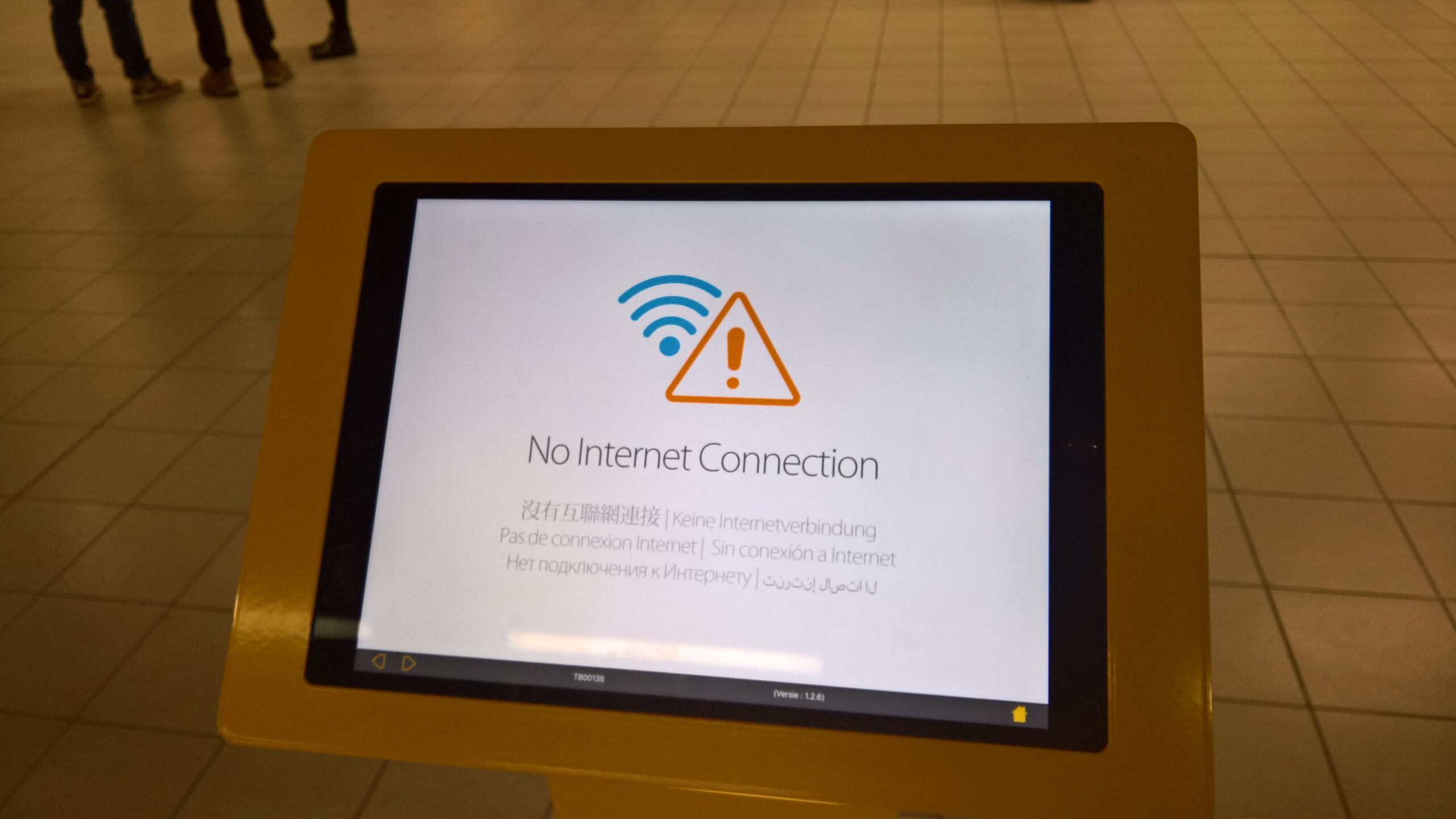On Thursday, Pakistan experienced widespread internet disruptions that affected numerous cities across the country. These disruptions have amplified existing concerns about the reliability of internet services, creating significant challenges for users and businesses alike.
Recent Internet Disruptions: An Overview
In recent weeks, internet users in Pakistan have been facing intermittent connectivity issues, with reports indicating a noticeable drop in connection speeds by 30 to 40%. This decline in service quality has raised alarms among the public and businesses, highlighting a growing concern about the stability of internet services in the country. The disruptions on Thursday were particularly severe, affecting various cities and leading to widespread frustration.
The disruptions are reportedly linked to the installation of a new firewall, which is part of a broader effort to regulate online content and ensure a more secure digital environment. According to sources, the social media and internet services are expected to return to normal within the next two to three days. However, the current situation has left many users and businesses grappling with connectivity issues and slow performance.
Impact on Social Media and Online Services
The disruptions have had a notable impact on popular online services, including social media platforms such as Facebook and messaging apps like WhatsApp. Many users have reported difficulties accessing these services, with sluggish performance and frequent interruptions becoming common complaints. The outages have particularly affected users’ ability to communicate and share information, exacerbating the inconvenience caused by the internet disruptions.
Downdetector, a service that tracks internet outages, recorded a significant spike in reports of social media outages around 1 PM on Thursday. The issues were not limited to social media platforms; internet service providers (ISPs) such as Nayatel also experienced disruptions. ProPakistani staff members reported experiencing similar issues, underscoring the widespread nature of the problem.
The Role of the New Firewall
The recent installation of a new firewall has been a key factor in the ongoing internet disruptions. This firewall is intended to monitor and regulate online content, potentially including social media platforms and other internet services. The introduction of such a firewall raises questions about internet freedom and user privacy, as well as the potential for increased government control over digital content.
There has been speculation among users that the government may be behind the disruptions, using the firewall to exert control over online activity. This has led to concerns about the implications for freedom of expression and the accessibility of online information. The new firewall’s implementation is a significant development in Pakistan’s approach to digital regulation, and its impact on internet services will be closely monitored in the coming days.
Reactions from the Wireless and Internet Service Providers Association of Pakistan (Wispap)
The Wireless and Internet Service Providers Association of Pakistan (Wispap) has expressed concern over the recent disruptions. According to Wispap, the drop in connection speeds over the past few weeks has reached a critical level, with many companies considering relocating their operations abroad due to the unreliable internet service. This highlights the severe impact of the disruptions on the business community and the potential economic consequences of prolonged connectivity issues.
Wispap has called for urgent measures to address the situation and restore reliable internet services. The association’s concerns reflect the broader implications of the disruptions for both individual users and businesses, underscoring the need for a prompt resolution to the ongoing issues.
Government Response and Future Outlook
The government has indicated that the disruptions are temporary and that internet services are expected to normalize within a few days. However, the impact of the new firewall and the extent of its influence on internet connectivity remain areas of concern. As the situation evolves, it will be important to monitor the government’s actions and the effectiveness of the firewall in balancing online security with user accessibility.
The disruptions have also sparked a broader debate about internet regulation and the role of government oversight in the digital space. As Pakistan continues to navigate these challenges, it will be crucial to ensure that measures taken to enhance online security do not unduly compromise internet freedom and the availability of digital services.
Implications for Users and Businesses
For individual users, the disruptions have been a source of significant inconvenience, affecting their ability to stay connected and access online services. The slow performance and frequent outages have disrupted daily activities and communication, highlighting the need for reliable internet services.
Businesses have also been heavily impacted by the disruptions, with many experiencing reduced productivity and operational challenges. The potential for companies to consider relocating their operations abroad underscores the broader economic implications of the connectivity issues. Reliable internet access is crucial for the smooth functioning of businesses, and the current disruptions have highlighted the need for a stable and efficient digital infrastructure.


Leave a Comment